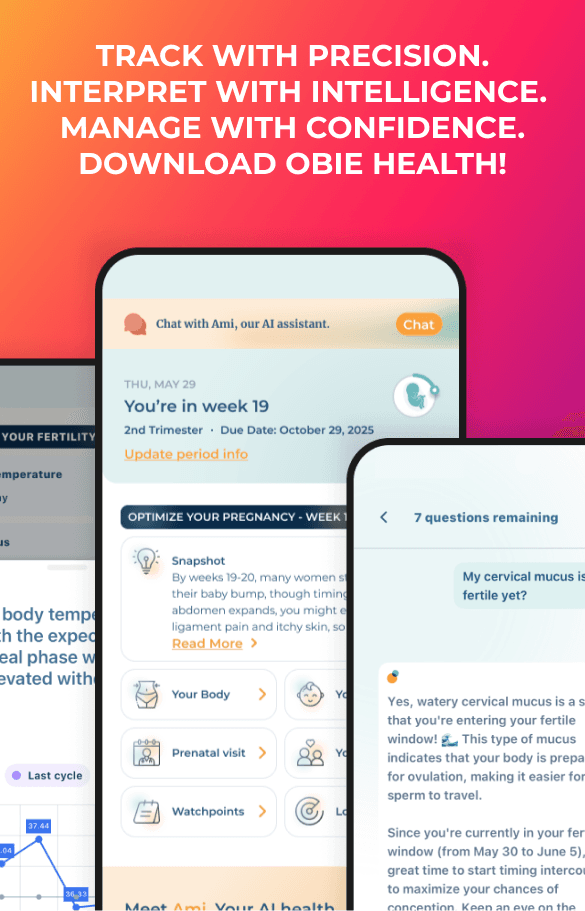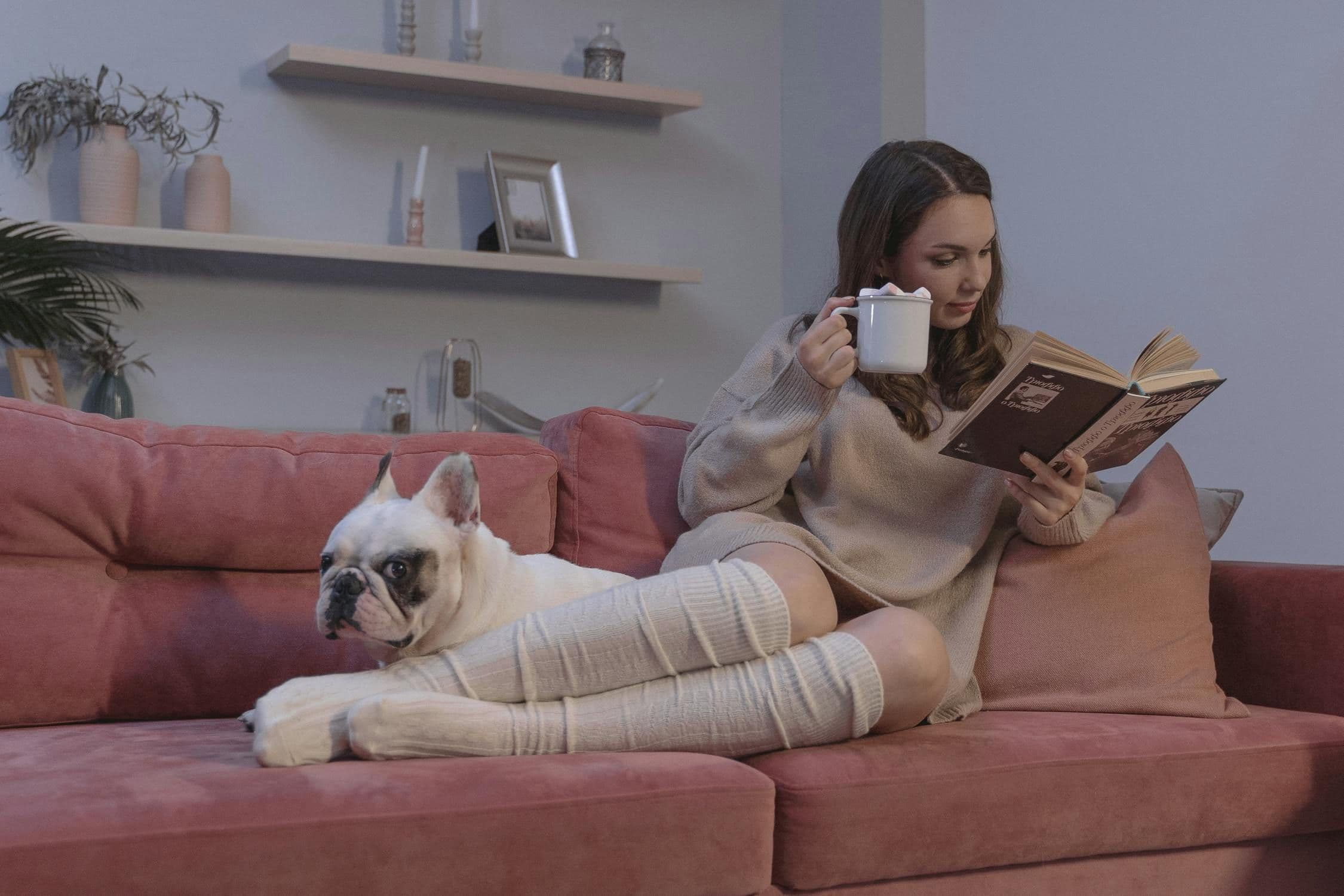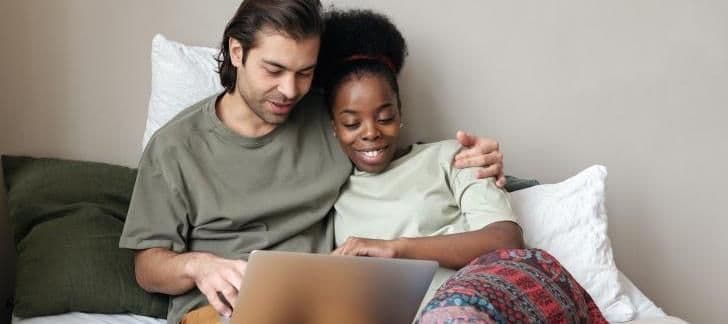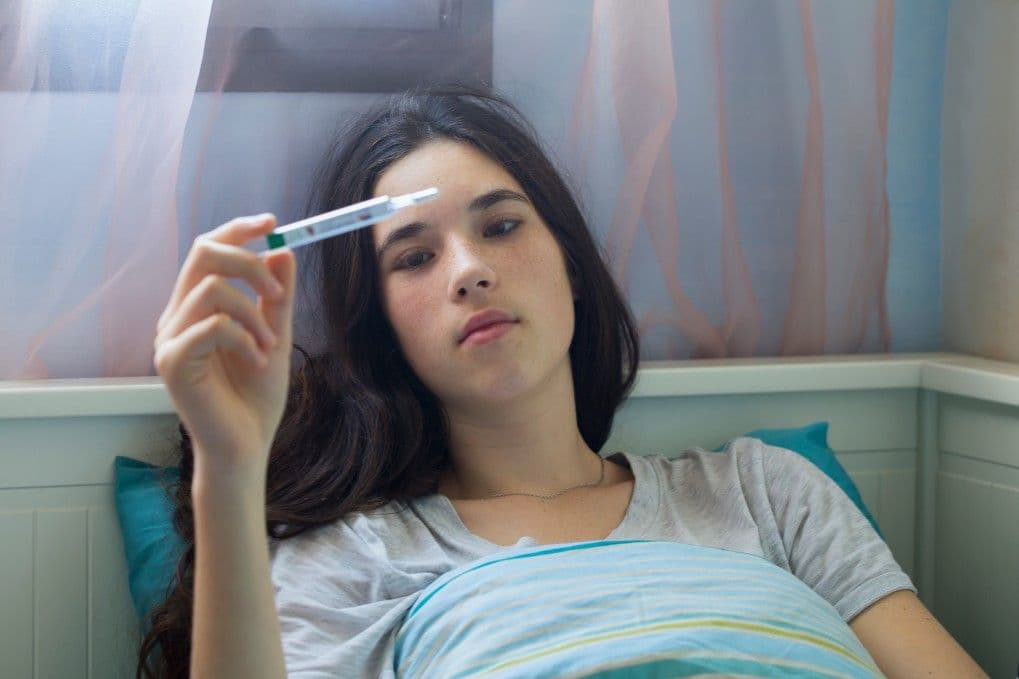How to Baby Proof Your Cleaning Supplies
Obie Editorial Team
When I was approximately six years old, I did something that went down in family history eternally. My dad was washing his Jeep on a sunny summer day, and I went outside to help. As he finished wiping the car dry, he used a leave-on window cleaner and explicitly told me not to touch it. Being a newly rebellious child, I took his advice one step further. Not only did I touch the window cleaner on the car, I wiped my finger in it and put it in my mouth. My dad was worried at first, but after calling the pediatrician he and my mom gave me a glass of water and a time-out. Though the doctor said a single finger’s worth of toxic chemicals was no reason to rush to the emergency room, he did explain that any more could be fatal, and that my parents should try harder to keep me from getting any in my mouth.
Thinking back on this story, I wondered which cleaners are harmful to infants. From my research, I found that most are, so you should be extremely careful when using them. In fact, experts recommend that you use alternatives to the harsh chemicals you might be used to. You never know when your baby might decide to take a swipe of Lysol off the coffee table or think that the Windex looks just like his favorite blue juice. Until your baby or child understands (and obeys) the fact that these chemicals are not for eating, you should try making your own cleaners. Baking soda, castile soap, olive oil, lemons and white vinegar are all suitable solutions, and you should try looking up recipes for all of your cleaning needs. You could also look for cleaning products that are “green,” because they usually don’t use the harmful chemicals that could hurt your baby or child.
Babies don’t understand which chemicals are harmful, and children—if they’re anything like I was—are insisting on going against their parents’ rules out of curiosity. If you’re expecting, start researching safer products just in case your little one gets into trouble. The overhaul of chemical products should be part of your baby proofing strategy so that your house is suitable for baby’s arrival. If your baby eats anything that could be dangerous, make sure you call his pediatrician immediately, or if he’s showing distress, visit the ER.
Source: Praveen Rayar et al: Pediatric Ingestions of House Hold Products Containing Ethanol. Clinical Pediatrics 2013
Thinking back on this story, I wondered which cleaners are harmful to infants. From my research, I found that most are, so you should be extremely careful when using them. In fact, experts recommend that you use alternatives to the harsh chemicals you might be used to. You never know when your baby might decide to take a swipe of Lysol off the coffee table or think that the Windex looks just like his favorite blue juice. Until your baby or child understands (and obeys) the fact that these chemicals are not for eating, you should try making your own cleaners. Baking soda, castile soap, olive oil, lemons and white vinegar are all suitable solutions, and you should try looking up recipes for all of your cleaning needs. You could also look for cleaning products that are “green,” because they usually don’t use the harmful chemicals that could hurt your baby or child.
Babies don’t understand which chemicals are harmful, and children—if they’re anything like I was—are insisting on going against their parents’ rules out of curiosity. If you’re expecting, start researching safer products just in case your little one gets into trouble. The overhaul of chemical products should be part of your baby proofing strategy so that your house is suitable for baby’s arrival. If your baby eats anything that could be dangerous, make sure you call his pediatrician immediately, or if he’s showing distress, visit the ER.
Source: Praveen Rayar et al: Pediatric Ingestions of House Hold Products Containing Ethanol. Clinical Pediatrics 2013







